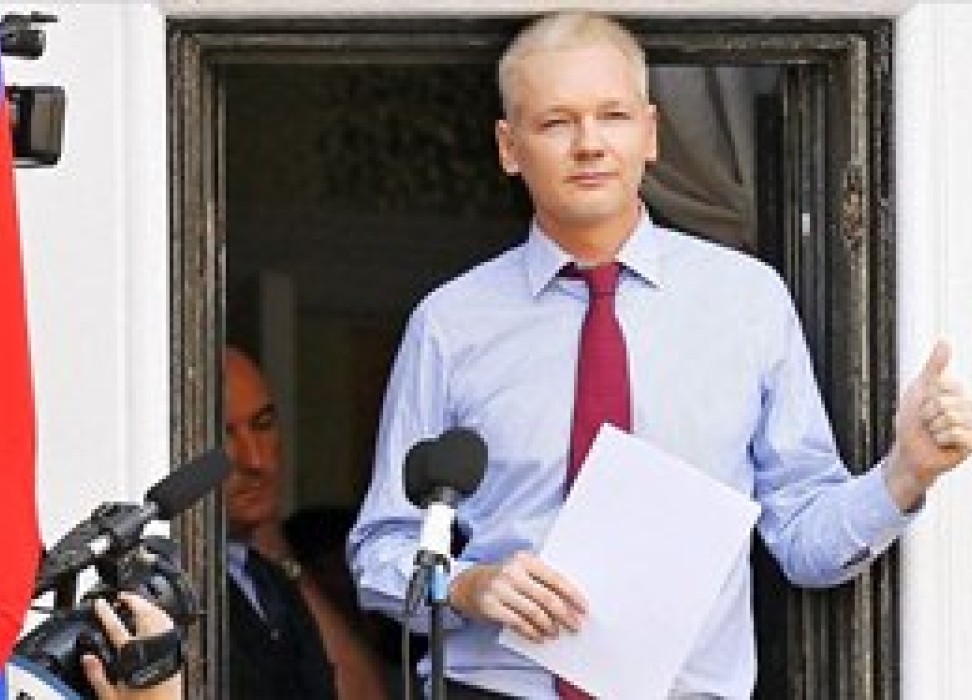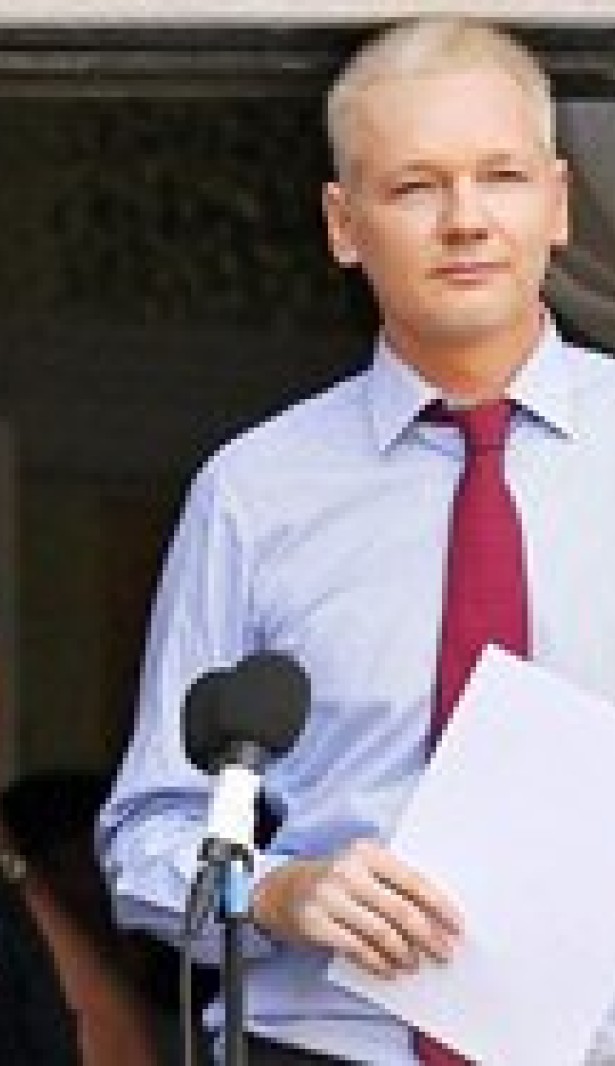WikiLeaks founder Julian Assange arbitrarily detained by Sweden and the UK, UN panel finds
05 February 2016

The founder of the WikiLeaks website, which published confidential diplomatic information, has been arbitrarily detained by Sweden and the United Kingdom since his arrest in London in December 2010, as a result of the legal action against him by both Governments, the United Nations Working Group on Arbitrary Detention said.
In a public statement, the expert panel called on the Swedish and British authorities to end Julian Assange’s deprivation of liberty, respect his physical integrity and freedom of movement, and afford him the right to compensation.
Mr. Assange, detained first in prison then under house arrest, took refuge in Ecuador’s London embassy in 2012 after losing his appeal to the UK’s Supreme Court against extradition to Sweden, where a judicial investigation was initiated against him in connection with allegations of sexual misconduct. However, he was not formally charged.
“The Working Group on Arbitrary Detention considers that the various forms of deprivation of liberty to which Julian Assange has been subjected constitute a form of arbitrary detention,” said Seong-Phil Hong, who currently heads the expert panel.
“The Working Group maintains that the arbitrary detention of Mr. Assange should be brought to an end, that his physical integrity and freedom of movement be respected, and that he should be entitled to an enforceable right to compensation,” Mr. Hong added.
In its official Opinion, the Working Group considered that Mr. Assange had been subjected to different forms of deprivation of liberty: initial detention in Wandsworth Prison in London, followed by house arrest and then confinement at the Ecuadorean Embassy.
According to a press release issued by the UN Office of the High Commissioner for Human Rights (OHCHR), the experts also found that the detention was arbitrary because Mr. Assange was held in isolation at Wandsworth Prison, and because a lack of diligence by the Swedish Prosecutor’s Office in its investigations resulted in his lengthy loss of liberty.
The Working Group further established that this detention violates two articles of the Universal Declaration on Human Rights, and six articles of the International Covenant on Civil and Political Rights.
5 February 2016
Source: UN News Centre
In a public statement, the expert panel called on the Swedish and British authorities to end Julian Assange’s deprivation of liberty, respect his physical integrity and freedom of movement, and afford him the right to compensation.
Mr. Assange, detained first in prison then under house arrest, took refuge in Ecuador’s London embassy in 2012 after losing his appeal to the UK’s Supreme Court against extradition to Sweden, where a judicial investigation was initiated against him in connection with allegations of sexual misconduct. However, he was not formally charged.
“The Working Group on Arbitrary Detention considers that the various forms of deprivation of liberty to which Julian Assange has been subjected constitute a form of arbitrary detention,” said Seong-Phil Hong, who currently heads the expert panel.
“The Working Group maintains that the arbitrary detention of Mr. Assange should be brought to an end, that his physical integrity and freedom of movement be respected, and that he should be entitled to an enforceable right to compensation,” Mr. Hong added.
In its official Opinion, the Working Group considered that Mr. Assange had been subjected to different forms of deprivation of liberty: initial detention in Wandsworth Prison in London, followed by house arrest and then confinement at the Ecuadorean Embassy.
According to a press release issued by the UN Office of the High Commissioner for Human Rights (OHCHR), the experts also found that the detention was arbitrary because Mr. Assange was held in isolation at Wandsworth Prison, and because a lack of diligence by the Swedish Prosecutor’s Office in its investigations resulted in his lengthy loss of liberty.
The Working Group further established that this detention violates two articles of the Universal Declaration on Human Rights, and six articles of the International Covenant on Civil and Political Rights.
5 February 2016
Source: UN News Centre
